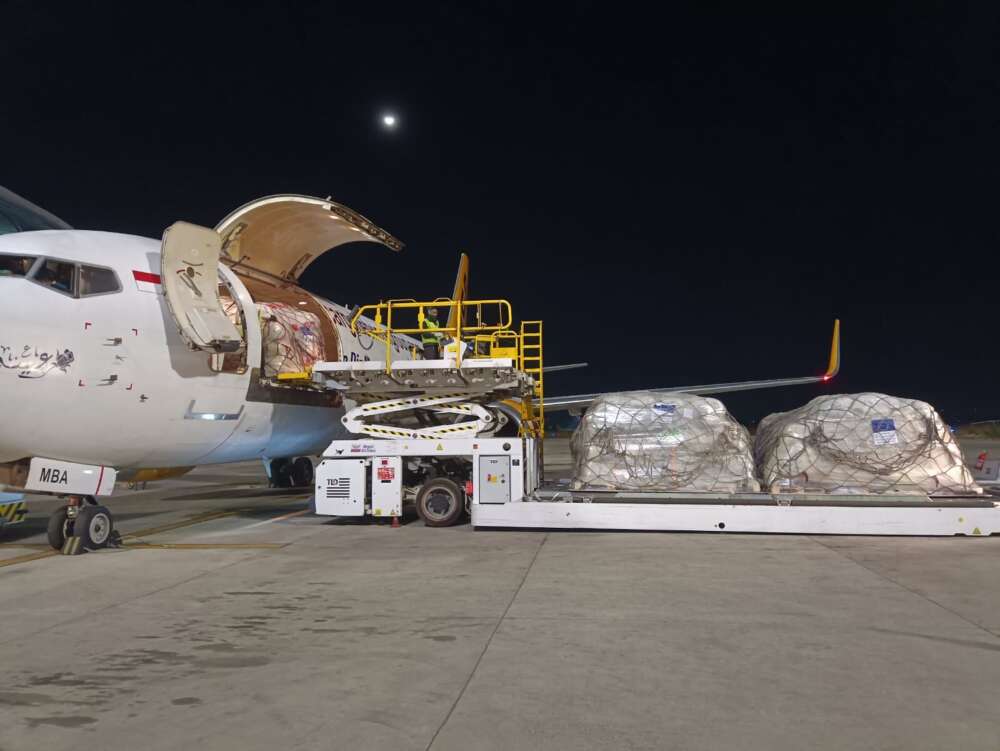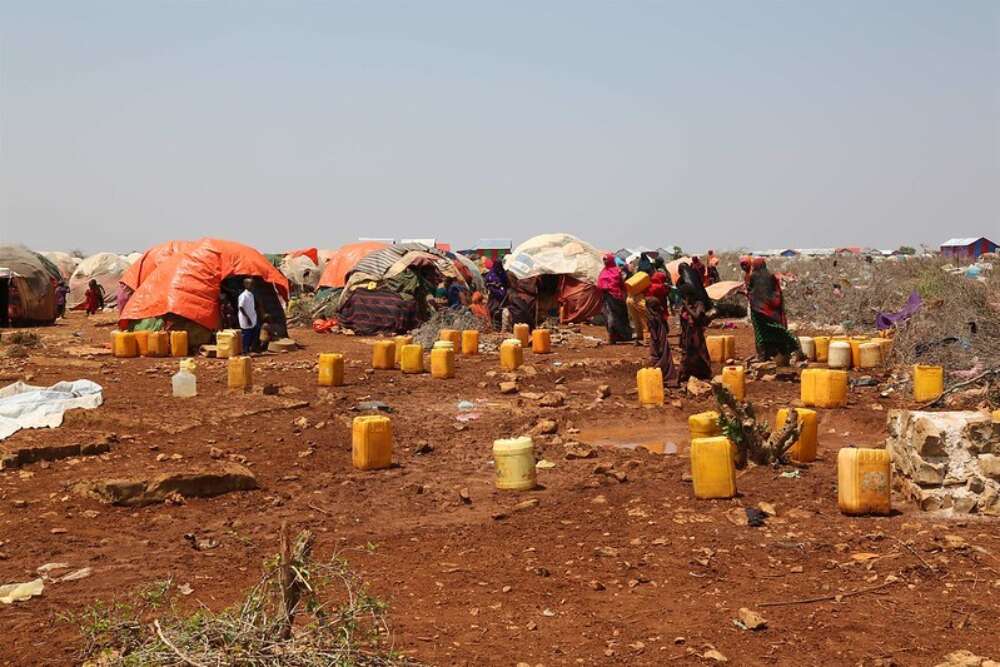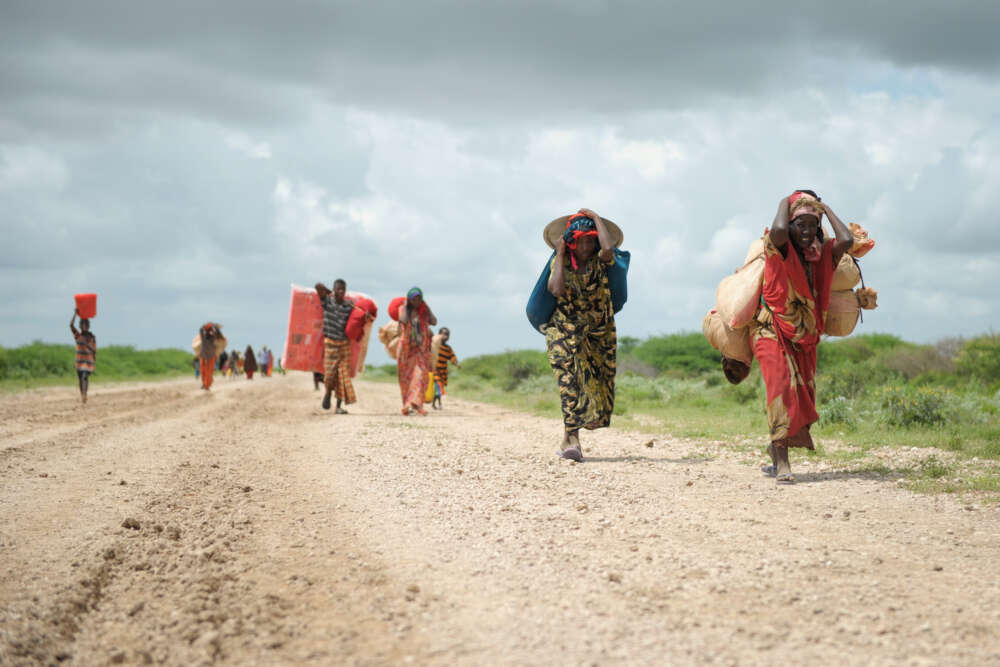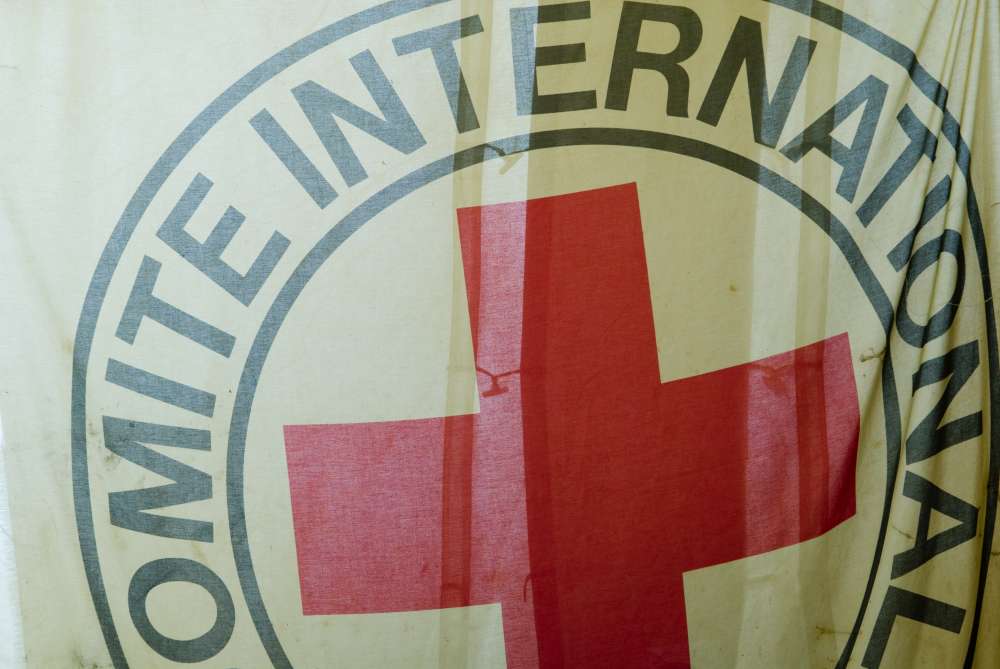Humanitarian Assistance: Improving US-European Cooperation
This book analyzes the policies and approaches of the European Commission and the U.S. Government to humanitarian assistance and develops recommendations for enhancing transatlantic cooperation and mutual learning in this field. The contributions to this book were created as part of the project “Raising the Bar: Enhancing Transatlantic Governance of Disaster Relief and Preparedness.” This project was mainly funded through the European Commission’s pilot program on transatlantic methods for handling common global challenges and was also supported by the German Federal Ministry for Economic Cooperation and Development (BMZ).
The “Raising the Bar” Project was designed to support enhanced cooperation and mutual learning in humanitarian assistance between the European Commission and the U.S. Government and to develop recommendations for the 2010 EU- U.S. summit. It was based on a broad network of relevant institutions on both sides of the Atlantic, led by the Global Public Policy Institute (GPPi) and the Center for Transatlantic Relations (CTR) at Johns Hopkins University, and closely involving the International Rescue Committee (IRC), Groupe Urgence, Réhabilitation, Dèveloppement (Groupe URD), Welthungerhilfe and Development Assistance Research Associates (DARA) as partner organizations. The findings of the project are based on the insights of 16 field- level case studies that were commissioned for the project. Decisionmakers and experts in humanitarian assistance from both sides of the Atlantic were actively involved in the project through a series of Transatlantic Dialogues on Humanitarian Action, the project’s Steering Committee as well as a series of other discussion events.
The chapters in this volume describe the current state of the transatlantic relationship in humanitarian assistance and pay particular attention to four central questions:
- How could the transatlantic partners promote the linking of relief, rehabilitation, and development?
- How could the transatlantic partners improve humanitarian performance through the implementation of lessons learned?
- What role does business play – and how could it be more effective – in disaster relief and preparedness?
- How could the transatlantic partners improve civil- military engagement when responding to disasters?
The 16 case studies in this book were created to help address these questions. The case studies focus mainly on humanitarian assistance to third countries, but they also include a domestic emergency situation that holds important lessons for emergency response and preparedness.The case studies cover diverse regional settings ranging from the U.S. to Indonesia, as well as different types of crises, including natural disasters, complex emergencies, and protracted crises.
Book available for download (497 pages) ↓







